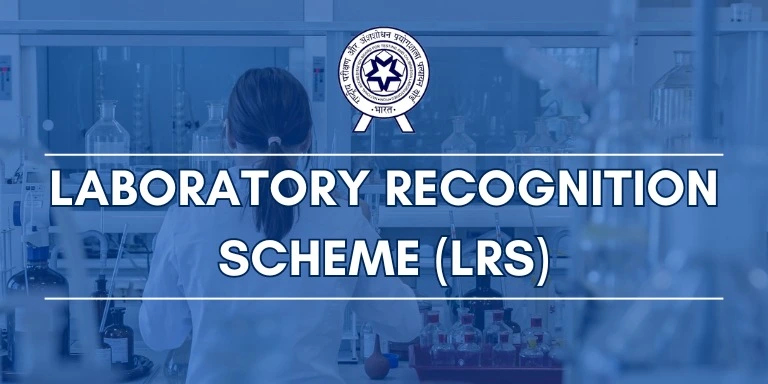


Gap analysis is an essential tool for laboratories aiming to improve performance and achieve higher operational standards. By identifying and addressing gaps in processes and procedures, labs can streamline operations, reduce errors, and enhance overall efficiency. This targeted analysis allows labs to pinpoint areas where they may be underperforming and implement strategies for improvement, ultimately improving both efficiency and effectiveness.
Key Areas for Gap Analysis
Addressing these gaps is critical for labs aiming to meet the ISO 17025 standard, which is necessary for accreditations and recognitions.
Opportunities in the Indian Market under Quality Control Orders (QCOs)
The recent Quality Control Orders (QCOs) have brought many products under mandatory BIS certification, and more are expected to follow. Manufacturers of products covered under these QCOs must secure BIS certification and submit test reports from BIS-approved labs, creating a strong demand for testing services. This situation presents a significant business opportunity for laboratories that prepare in advance:
Preparing for these market needs can help laboratories position themselves as key players in the industry, making the most of the growing demand for quality certification and testing in India.
Praditha Engineers is proud to introduce itself as an Engineering Consulting firm dedicated to meeting the needs of laboratories involved in product testing for conformity assessment. We specialize in conducting Gap Analyses for labs to support their business development. Our approach includes visiting your facility to evaluate current equipment and identify additional products that can be tested either with existing equipment or through the acquisition of new equipment.
We aim to enhance your testing capabilities to increase business revenue and maintain competitiveness within the industry. Our team comprises professionals with over thirty years of expertise in Product Certification and Laboratory Management Systems.
© Copyright 2024. praditha.com All Rights Reserved.